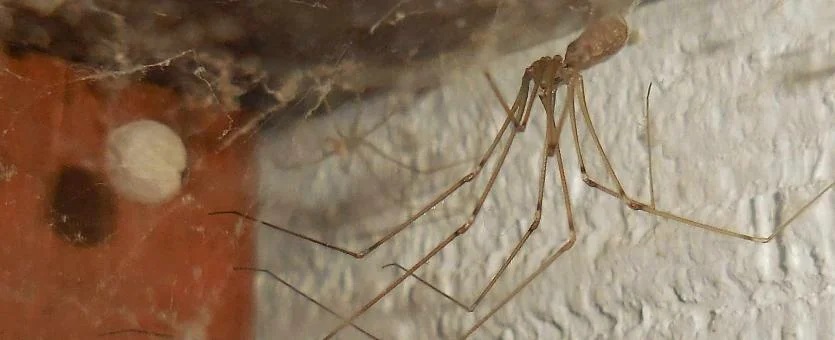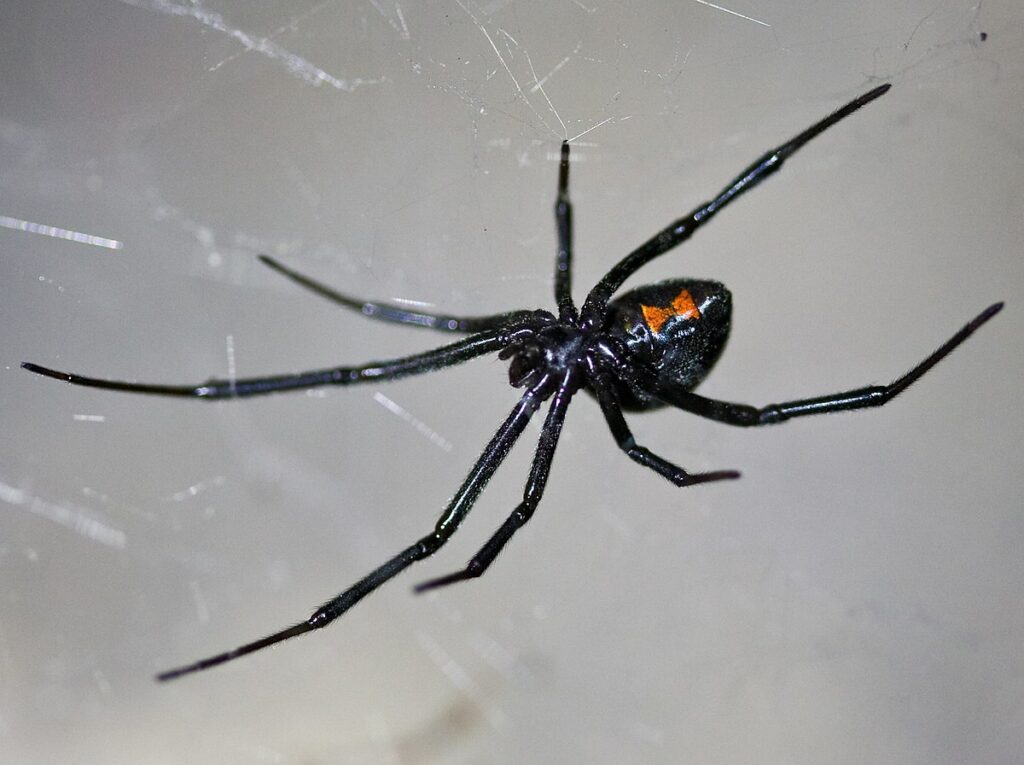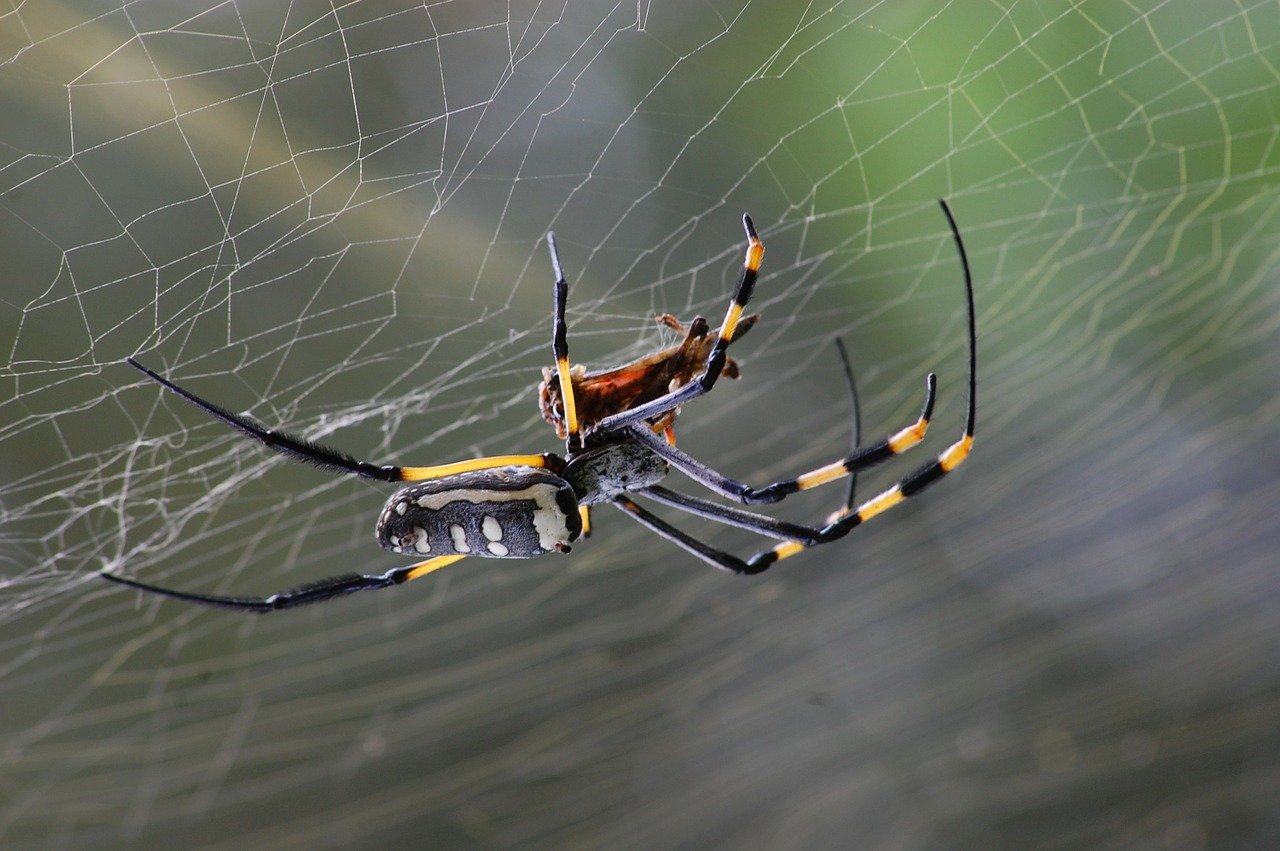The first reaction of many people when they see a spider at home is to kill it immediately. After all, some spiders can be dangerous… But one question often arises, does killing a spider attract more spiders? This is a legitimate question because killing the spider can be counterproductive. Here’s the quick answer — no. Killing a spider won’t attract more.
Killing a spider won’t attract more spiders
- Spiders release pheromones to communicate danger to other spiders. Many small animals use pheromones to communicate. Look at ants, for example. They use pheromones to inform others of food sources and share many more kinds of information. Spiders use pheromones too. These arachnids release pheromones as a defense mechanism, usually to communicate to other spiders that the area is dangerous and they need to stay away. When you kill a spider, it will release these pheromones, so it’s not likely to attract more spiders to your home.
- They abandon their webs when they perceive danger. Many small animals are social creatures. Again, ants come to mind. You will often find them thriving together in colonies. But spiders are different. They don’t exhibit strong social behavior. In fact, they prefer a solitary lifestyle. They hunt, live, and die alone. For this reason, they don’t really have the incentive to go to an area that is clearly riddled with spider pheromones that are warning them of danger. Instead of attracting more spiders, killing one may actually have the opposite effect. Spiders won’t go near your area. And if there are already spiders in the vicinity, they may leave their spider webs and try to look for a new home.
- The most common house spiders are solitary. There are many kinds of spiders that can infest your home. But thankfully, many of them prefer a solitary lifestyle. This is why killing a spider won’t necessarily attract more spiders. Other spiders just don’t bother. However, take note that some spiders can exhibit social behavior, such as cellar spiders and jumping spiders. They don’t really actively cooperate like ants, bees, and termites. But you may see social behaviors especially when they are trying to mate.

You may attract more spiders for other reasons
- Some spiders may cannibalize their dead comrades. Most spiders will avoid areas with spider pheromones signaling danger. But there are exceptions. Spiders are opportunistic in nature, especially when they are scavenging for food or food is scarce in the area. In these cases, they may be attracted to the dead spider and eat it. But take note that cannibalism is not a universal nature of spiders. The conditions in the area, such as the lack of resources, can just make some spiders desperate, though this is not very likely to happen.
- There are environmental factors that may attract spiders in your area. It’s possible that you will see more spiders in your area. But it’s not because of the dead spider attracting other spiders. There may be environmental factors that make your area attractive to spiders. Spiders are predators. They feed on a variety of insects, including common household pests like ants and cockroaches. If you have pests at home, spiders may be attracted there because of the availability of prey.
- Open doors and windows may let wandering spiders inside your home. There are many things inside your home that spiders find attractive. It’s not just food. It’s also shelter. Some spiders are attracted to moist environments, such as cellar spiders, and some spiders are attracted to dry environments, such as black widows. You can limit these attractors to prevent spider infestations. But don’t forget to close doors and windows too as they are the primary passageways spiders use to get inside your home. A wandering spider can find something attractive inside your home and just use the open window to get inside.

What to do if you see one spider
- Consider not harming it and lead it outside your home. You can kill the spider with pesticides, natural home remedies, or solid objects. But spiders are not as dangerous as you think. In fact, they can even be beneficial if you let them thrive outside your home, especially if you have a garden. Consider not killing it. Simply lead it outside your home by nudging it to an open door or window using a long object such as a broom.
- Use pesticides or try natural home remedies. The best way to kill a spider is to use a commercial pesticide that specifically says it can be used against spiders. The instructions are pretty straightforward too. Usually, you just have to spray the pesticide directly to the pest. However, some people don’t like using pesticides because they contain chemicals that can be harmful to humans too. If you are concerned, you can natural home remedies instead. Vinegar is the spider home remedy of choice for many. Thanks to its acetic acid content, it can burn and kill spiders upon contact.
- If you are terrified of spiders, ask someone to get rid of it. Some people are just terrified of spiders. Some are even terrified to the point where their daily lives are already affected. If you are one of these people, you can finally rise up, face your fear, and get rid of the spider troubling your home. But don’t force it. If you are not ready to deal with a spider, try asking someone to get rid of it for you. There is no shame in asking for help.
Killing a spider doesn’t attract more of these eight-legged creatures
No, killing a spider will not attract more spiders to your home. This is because spiders release pheromones to warn other spiders of danger. Spiders respect these signals. And they also happen to be solitary creatures, so they don’t want to get involved in whatever is happening in the area in the first place.
Kill the spider bothering your home if you want. You can use pesticides and natural remedies. You can also use solid objects and kill it with blunt force. But consider just bringing it out of your home. And if you can’t deal with it yourself, try asking someone to do it for you.

